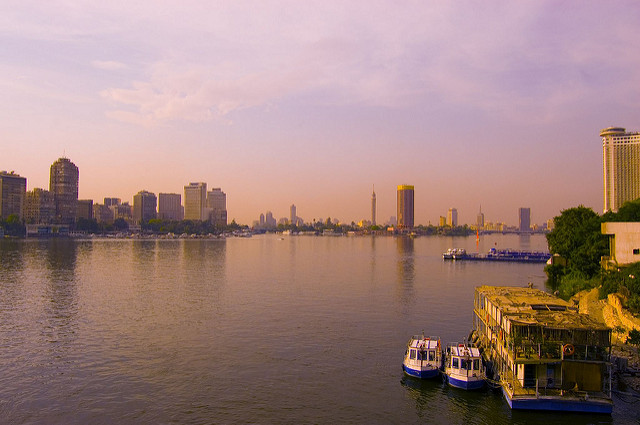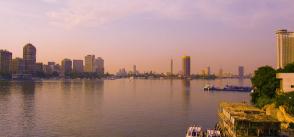
900km Nile City
The Middle East and North Africa (MENA) region is the most water-scarce in the world. More than 60% of the people in these countries have little or no access to drinkable water. Like in Egypt, where the Nile delta faces increasing droughts, poor water quality and other challenges. How to solve these pressing water issues?
99 per cent of all historic cities in Egypt is still buried under desert sands. At least, this is what American archaeologist Sarah Parcak believes. In the 2001 BBC documentary ‘Egypt’s Lost Cities’, she used satellite images to show traces of cities that have disappeared under a layer of river clay. The cities were fed by rice from irrigated farming in the fertile Nile delta. But the natural balance between the water of the Nile, irrigation-based agriculture and the urban population is under pressure.
An agricultural metropolis
The Nile delta, the ‘ricebowl’ of Africa, provides two thirds of the food that Egypt needs to feed its 80 million inhabitants. Because of the population growth (experts expect 140 million inhabitants in 2050) and the water shortage, action needs to be taken quickly. This was the starting point for the architects from the Rotterdam-based firm Atelier Kempe Thill, and the architects of baukuh and GRAU, who did research on urbanisation in the Nile delta in 2012.
Their project ‘900km Nile City’ focused on a line of towns (comparable to the urban pattern of the Mekong delta) between Aswan and Cairo, an important area for Egyptian agriculture, with an urban density of 2200 inhabitants per square kilometre.
Read the full article by Joep Janssen via Nextblue.
[Photo by Marwa Morgan | Flickr]







